Camp fees spark fears popular Straddie beach spot Blaksley will close under native title
Campers to a popular beachside holiday spot on Straddie fear last week’s introduction of fees and strict limits on visitor numbers could lead to the closure of their island hideaway to the public. SEE THE VIDEO
Redlands Coast
Don't miss out on the headlines from Redlands Coast. Followed categories will be added to My News.
Boaties and campers to a popular beachside camping site on Minjerribah, North Stradbroke Island, fear the introduction of camping fees by the state government could lead to the closure of their holiday hideaway.
The $7-a-night per permit fee, or $28 for a family, was put in place last week, on the first day of the September school holidays, when the state government also set out stringent regulations for the beach site.
The site will be limited to 10 tents and bookings capped at seven nights with permit fees paid to the state government prior to arrival.
Despite the site being a remote bush setting with no inroad, campers must abide by check-in and check-out times with no arrivals before 2pm and all vacated by 11am.
Further regulations will be implemented this week, when the state will remove all rubbish bins and make it mandatory for each camping booking to have its own Australian-standard portaloo.
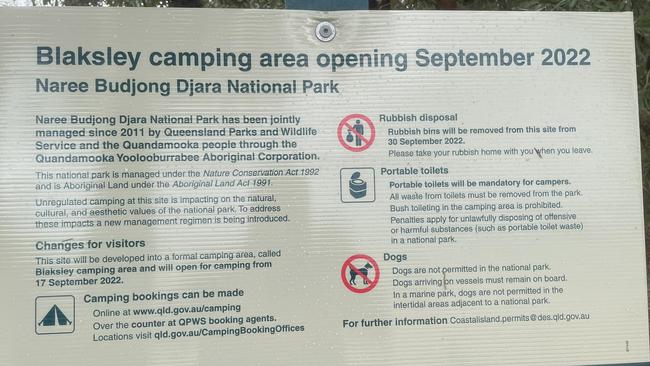
Long-time visitors pegging out tent sites last week were surprised to see a new billboard advertising the fees and announcing the “new campground” rules.
Blaksley Slip is on aboriginal land and is part of the Naree Budjong Djara National Park, jointly managed by the Quandamooka Yoolooburrabee Aboriginal Corporation, known as QYAC, and the Queensland Parks and Wildlife Service.
Traditional owners and departmental officers worked together to develop the visitor management policies.
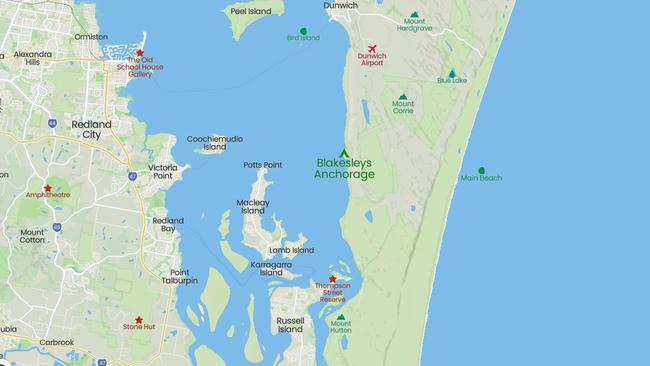
A spokesman for the Department of Environment and Science said the introduction of overnight permit fees was not a precursor to closing the site.
“We need to be able to monitor the site to make sure that campers are being respectful in the area,” the spokesperson said.
“Having people buy permits makes patrolling a lot easier.
“Native title exists at this site and it is aboriginal land under the Aboriginal Land Act 1991 but QPWS has no plans to close this site in the near or distant future.”
The spokesperson said because the camping area was in the national park, land, flora and fauna was protected and it was illegal to disturb, remove or destroy it.
The permit system, introduced this month, followed concerns unregistered campers were unlawfully bringing pet dogs and illegally cutting down trees for firewood.
But Cleveland resident Luke Seaborne, who has been visiting the campsite for 30 years, said he believed the new regulations were designed to drive people away and has started a petition to keep the area public.
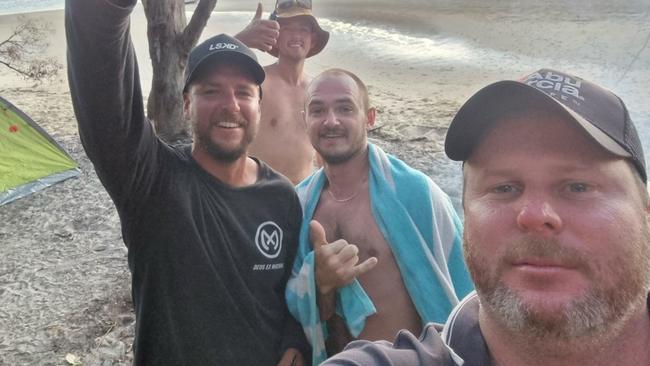
He said it was not the first time changes to rules at public campsites on the island had been made over school holidays with the worst occasion in July 2020 when the island’s five main caravan parks closed.
Adder Rock and Adams Beach campgrounds closed in 2020 for maintenance work while Bradbury’s Beach site, at Dunwich, remains closed to the public.
A year later, campers were astounded when the island’s Minjerribah Camping banned tents at three of the island’s main campgrounds over Easter.
Caravan sites at Amity Point, Adder Rock, Thankful Rest, Bradbury’s Beach and Adams Beach all closed to tourists for the two weeks despite the state government easing Covid restrictions the week before.
Mr Seaborne said taking away the bins and introducing permit fees would deter tourists.
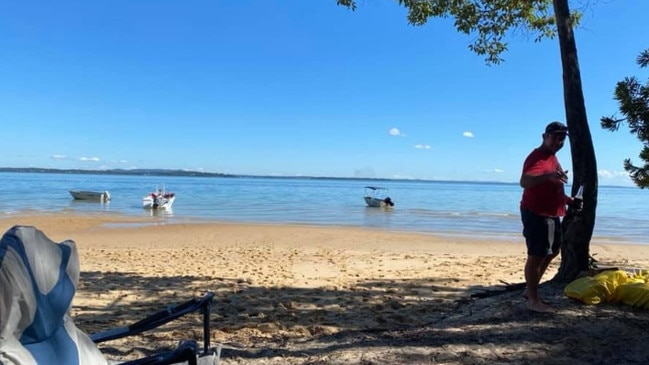
“Having a maximum of 10 tents is ridiculous and limiting camping to one week is also a way of driving people away,” he said.
“My friends and I will pay the fees but we are furious with the limits on tents and booking times and we believe they are designed to get rid of campers.
“The beach was formed in 1980 and 1981 when a pile of sand was dumped after a landslide from the nearby Consolidated Rutile sand mine and it was known as Blaksley Slip.
“Taking away the bins will inevitably mean rubbish is left on the beach.
“I have written to QYAC and the state government asking what the plan is for the beach site and have never received a reply.
“For an island that is getting millions of dollars in federal and state funding to set up a tourism industry to replace sand mining, this is ridiculous.”
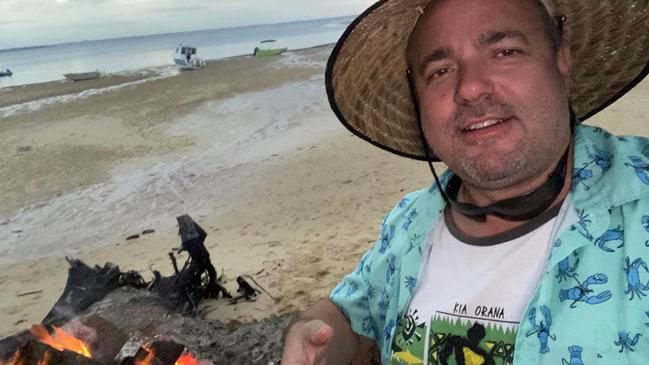
Brisbane man Marcus Allan, who has been camping on the island for more than 15 years, said he would think twice about taking his family camping to the Blaksley Slip as it would now cost $196 for one tent for a week.
“What used to be free is now a rip-off with the managers taking away services such as the rubbish bins and the money going to the state government and QYAC,” he said.
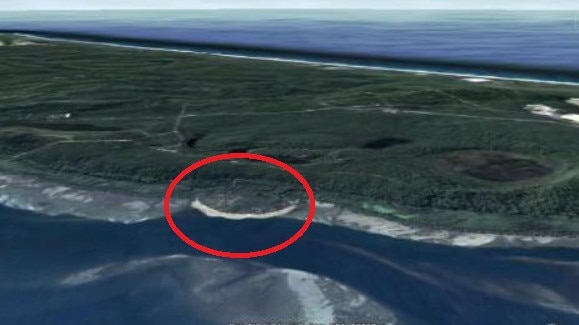
“We go over in a tinnie but we pack up and go home if the weather is not going to be good but if I am paying possibly $400 for two tents, we will think twice about going.”
A 2006 Redland City Council report recorded 93 boats anchored off the beach over the Easter weekend that year with 78 tents pitched at the site and 191 people.
The report documented damage to the beach including some campers bringing chainsaws and generators, and one person who camped for a month who brought a bore to access water.
QYAC was contacted for comment.





